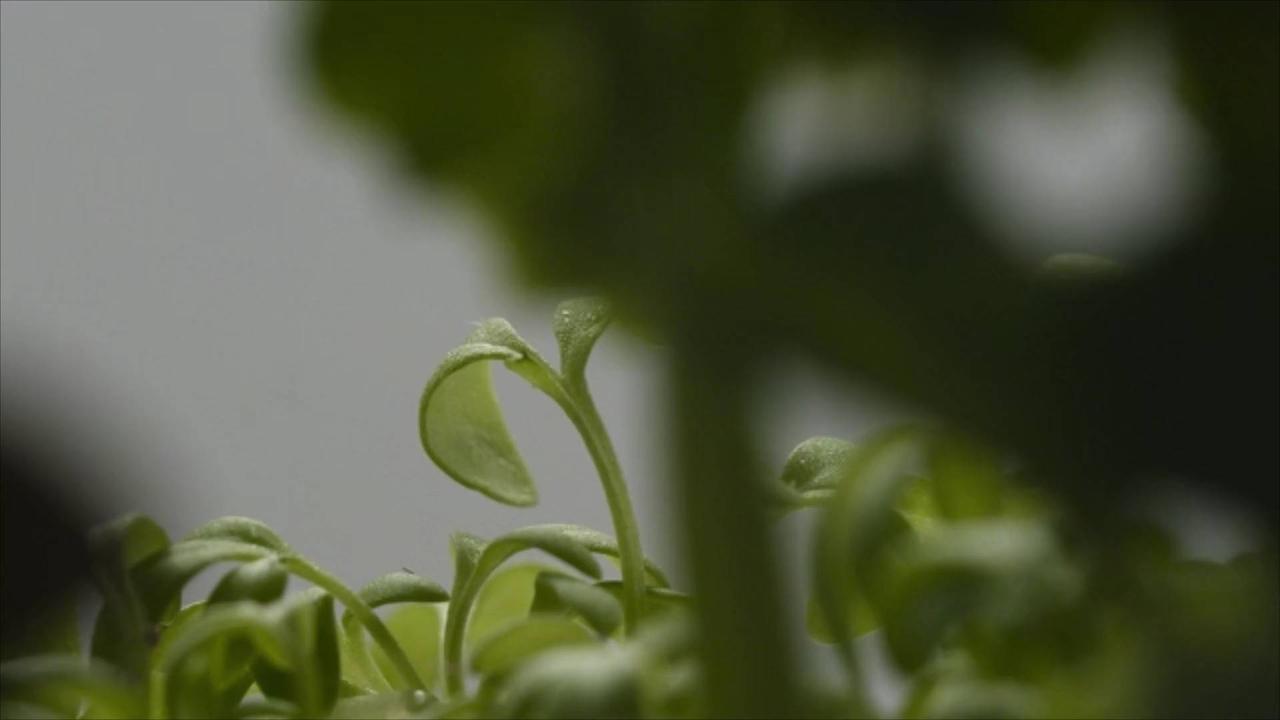Study Suggests Plants Could Play an Even Bigger Role in Fighting Climate Change

Study Suggests Plants Could Play an Even Bigger Role in Fighting Climate Change
Study Suggests Plants Could , Play an Even Bigger Role , in Fighting Climate Change.
'Newsweek' reports that research suggests plants may be even better at removing carbon dioxide from the atmosphere than previously believed.
.
A new paper in the journal 'Science Advances' highlights the importance of conserving plant life on Earth.
Plants take up a substantial amount of carbon dioxide (CO2) every year, thereby slowing down the detrimental effects of climate change, but the extent to which they will continue this CO2 uptake into the future has been uncertain, Jürgen Knauer, environmental modeling researcher at Western Sydney University and co-author of the paper, via 'Newsweek'.
What we found is that a well-established climate model that is used to feed into global climate assessments by the likes of the IPCC predicts stronger and sustained carbon uptake until the end of the 21st century when extended to account for the impact of some critical physiological processes that govern how plants conduct photosynthesis, Jürgen Knauer, environmental modeling researcher at Western Sydney University and co-author of the paper, via 'Newsweek'.
What we found is that a well-established climate model that is used to feed into global climate assessments by the likes of the IPCC predicts stronger and sustained carbon uptake until the end of the 21st century when extended to account for the impact of some critical physiological processes that govern how plants conduct photosynthesis, Jürgen Knauer, environmental modeling researcher at Western Sydney University and co-author of the paper, via 'Newsweek'.
The authors of the study modeled how plants would absorb CO2 in a high-emission scenario, while accounting for different levels of plant physiological processes.
.
The authors of the study modeled how plants would absorb CO2 in a high-emission scenario, while accounting for different levels of plant physiological processes.
.
We often think about climate models as being all about physics, but biology plays a huge role and it is something that we really need to account for, Silvia Caldararu, assistant professor in climate science at Trinity College Dublin, via 'Newsweek'.
These kinds of predictions have implications for nature-based solutions to climate change such as reforestation and afforestation and how much carbon such initiatives can take up.
, Silvia Caldararu, assistant professor in climate science at Trinity College Dublin, via 'Newsweek'.
These kinds of predictions have implications for nature-based solutions to climate change such as reforestation and afforestation and how much carbon such initiatives can take up.
, Silvia Caldararu, assistant professor in climate science at Trinity College Dublin, via 'Newsweek'.
Our findings suggest these approaches could have a larger impact in mitigating climate change and over a longer time period than we thought, Silvia Caldararu, assistant professor in climate science at Trinity College Dublin, via 'Newsweek'.
'Newsweek' reports that the authors of the study stress the importance of current efforts to mitigate CO2 emissions and curb the impact of climate change.
'Newsweek' reports that the authors of the study stress the importance of current efforts to mitigate CO2 emissions and curb the impact of climate change


![Research Suggests Link Between Brain Activity and Maintaining a Healthy Diet [Video]](https://video.newsserve.net/300/v/20240423/1373517284-Research-Suggests-Link-Between-Brain-Activity-and-Maintaining.jpg)
![Study Suggests Horticulture Therapy Could Help Fight Depression [Video]](https://video.newsserve.net/300/v/20231124/1361089206-Study-Suggests-Horticulture-Therapy-Could-Help-Fight-Depression.jpg)
![Study Suggests Old Growth Forests Could Store Huge Amounts of Carbon [Video]](https://video.newsserve.net/300/v/20231113/1360559321-Study-Suggests-Old-Growth-Forests-Could-Store-Huge.jpg)
![3 ways your money can fight climate change | Veronica Chau [Video]](https://video.newsserve.net/300/v/20231112/109037-ways-your-money-can-fight-climate-change.jpg)